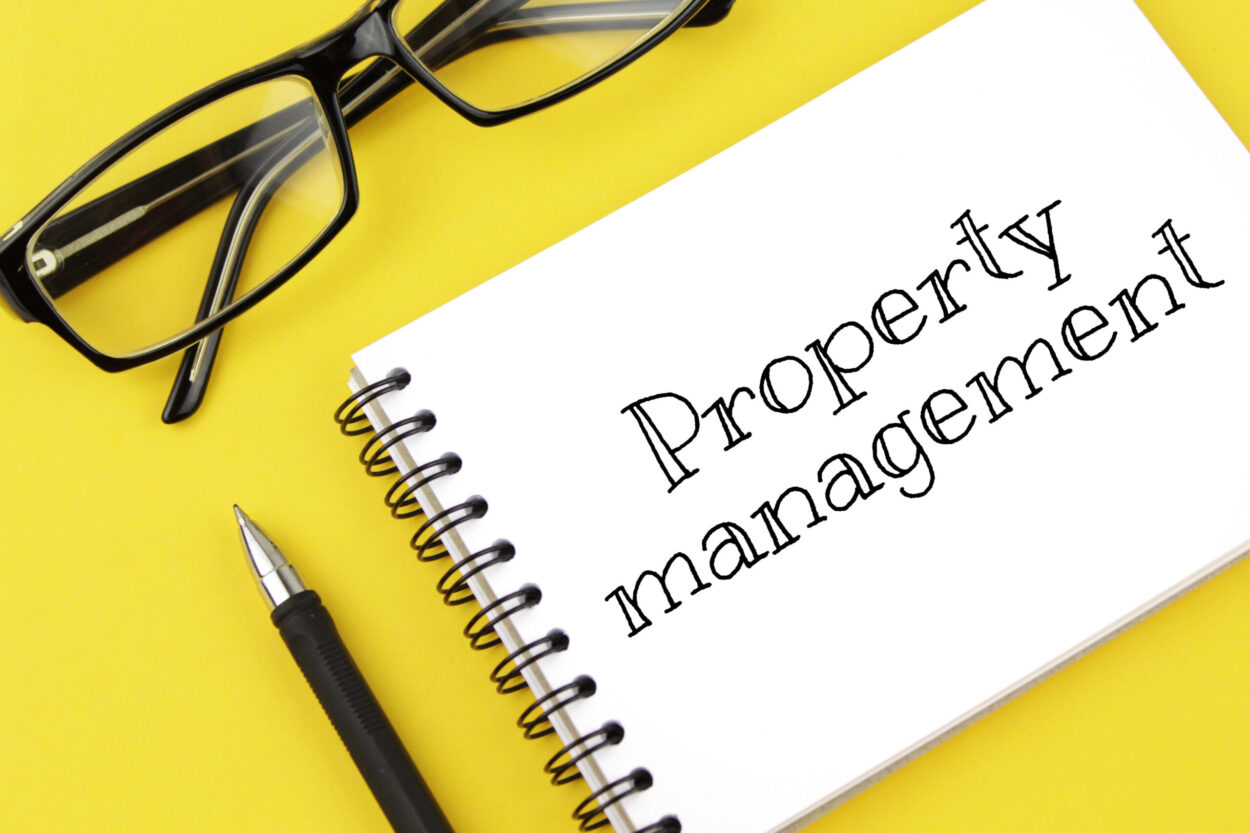Alternative Energy
Everything You Need to Know About Becoming a Property Manager

Becoming a property manager can be an exciting and rewarding career path. It offers the opportunity to work in a dynamic and fast-paced industry, as well as the potential for financial stability and growth. However, it also requires a significant amount of hard work, dedication, and knowledge.
Let’s discuss everything you need to know about becoming a property manager, from the skills and qualifications required to tips for success in the field. Whether you are just starting out or looking to advance your career, this guide will provide valuable insights and information.
What is a Property Manager?
A property manager is responsible for overseeing and managing real estate properties on behalf of their owners. This can include residential, commercial, or industrial properties. They act as a liaison between the property owners and tenants, handling day-to-day operations, maintenance, tenant relations, and financial matters.
Property managers are also responsible for ensuring that properties are in compliance with all local laws and regulations, maintaining records and documentation, and keeping up with industry trends and changes.
Qualifications
While there is no formal education requirement for becoming a property manager, most employers prefer candidates who have a combination of education and experience in the field. A high school diploma or equivalent is typically the minimum requirement, but many property managers also hold a bachelor’s degree in business administration, real estate management, or a related field.
Property managers must possess strong communication, organizational, and problem-solving skills. They must also be knowledgeable in property management laws and regulations, as well as have experience in customer service and financial management. They often face various challenges, such as tenant complaints, property maintenance issues, and financial concerns. The ability to analyze situations, make informed decisions, and find effective solutions is critical for success in this role.
Licensing
In some states, property managers are required to hold a real estate broker’s license. This usually involves completing a certain number of hours of coursework and passing an exam. It is important to research your state’s requirements before pursuing a career as a property manager. After completing the required education, individuals often need to pass a state licensing exam. This exam assesses their knowledge of property management laws, regulations, ethical practices, and other relevant topics.
Once licensed, property managers may be required to complete continuing education courses to maintain their license. This helps ensure that professionals stay updated on industry trends, best practices, and any changes in laws or regulations.
Tips for Success
To excel as a property manager, it is essential to continuously develop and improve upon your skills. Below are some tips that can help you succeed in the field:
Stay organized and keep detailed records of all property-related matters.
Communicate effectively with both owners and tenants.
Keep up with industry trends and changes through professional development opportunities.
Develop strong problem-solving skills and be proactive in addressing any issues that may arise.
Prioritize customer service and maintain positive relationships with tenants.
Pay attention to financial management, including budgeting, bookkeeping, and forecasting.
Network with other property managers and industry professionals for potential opportunities for growth and learning.
Becoming a property manager requires a combination of education, experience, and skills. By following the tips outlined in this guide and continuously striving for improvement, you can succeed in this rewarding and dynamic career path. Remember to stay up to date with industry changes and developments, prioritize effective communication and customer service, and always strive for professionalism and excellence in your work as a property manager.
-

 Press Release3 days ago
Press Release3 days agoNura Labs Files Revolutionary Patent: AI-Powered Wallet Solves the $180 Billion Crypto Staking Complexity Crisis
-

 Press Release1 day ago
Press Release1 day agoGlobal Compound Feeds and Additives Industry Report: Market Expansion and Competitive Insights to 2035
-

 Technology1 day ago
Technology1 day agoWhat to Know Before Switching Cell Phone Network Services in 2025















